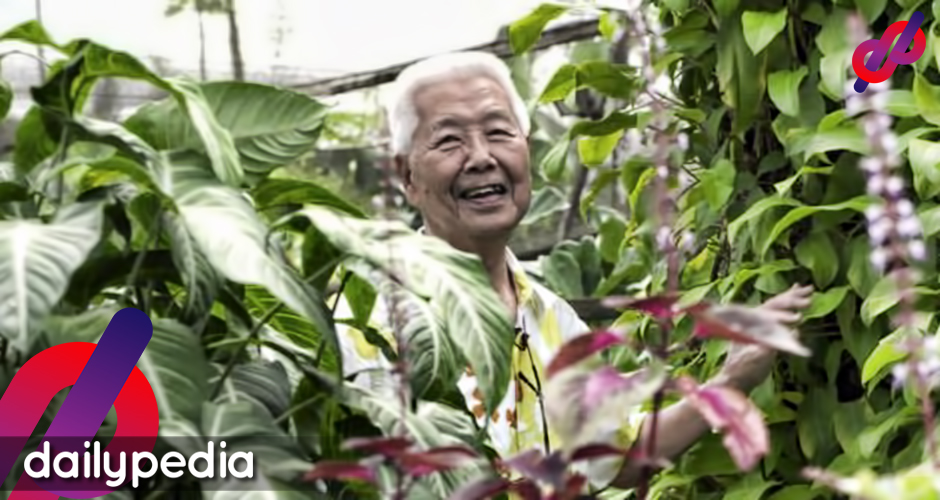- Green spaces reduce the risk of getting cardiovascular diseases
- Green spaces can expose people to other diseases such as Dengue and Lyme Disease
The Barcelona Institute for Global Health (ISGlobal) and Colorado State University conducted a study and concluded that ‘green spaces’ help people live longer.
Green spaces will basically improve mental health, immune function, and metabolism. Green spaces are also associated with better outcomes during pregnancy and reduces the risk of getting cardiovascular diseases.

According to the study, green spaces help reduce stress and connect people to each other.
These green spaces are able to pull people away from noisy traffic noises and help people get fresh air into their system.
These areas also give off cool air and temperature and give people the opportunity to perform physical activities.
These benefits cause people to feel more relaxed and get into a more positive emotional state which in turn improves health and lifespan overall.
MedicineNet author Melissa Conrad Stöppler, MD. says, “There is now evidence that points to abnormal stress responses as causing or contributing to various diseases or conditions.”
Stress management can be done through exercising, which can be given to people by green spaces.
Stress also conveys anxiety disorders, depression, substance abuse, high blood pressure, hives, cardiovascular disease, some cancers, and aging.
Even with all the benefits that green spaces bring, they are not always positive.
Green spaces such as parks, gardens, sports fields, woods, and other similar areas can be dangerous since they are filled with allergens, herbicides, pesticides, and ticks. The usual diseases that people can get from green spaces are Dengue Fever and Lyme Disease.
People can also expect to see a higher risk in getting injuries and getting sunburned.
With that said, researchers still advocate that green spaces bring in more positives than negatives.


